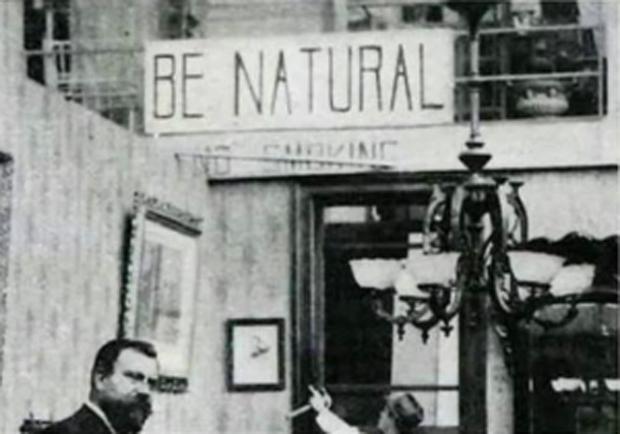Film review: Be Natural: The Untold Story of Alice Guy-Blaché
In Paris on March 22, 1895, France’s Lumiere Brothers presented to an audience of 200 people results of their patented cinématographe, a moving picture camera. They thought of it as merely a novelty—they were surprised that the short films they presented drew more attention than what they considered their bigger achievement, a color photography process—and did little to pursue the field.
But, of course, others did. Among those 200 people were Léon Gaumont, who in the following year established what would become the world’s longest-lived film production company. With Gaumont was his 21-year-old secretary, Alice Guy. Gaumont saw a business opportunity selling Lumieres’ camera and producing the same kind of short reality documentaries for arcades, but his secretary saw the possibilities of a new form of storytelling. Guy asked if she could make films for the company, and within a year made what is arguably the first narrative movie, The Cabbage Fairy.
Guy persuaded Gaumont to continue in this vein, and became the fledgling studio’s head of production. Over the next 25 years, during which she married Herbert Blaché and established a film studio in Fort Lee NJ (the center of American film production before the litigious Thomas Edison drove it to California), Guy was responsible for as many as 1000 films, mostly as producer and director.
It’s hardly surprising that the average film buff has never heard of Alice Guy-Blaché: film history tends to skip from Edison and the Lumieres directly to D. W. Griffith and Charlie Chaplin. But even most film professionals had never heard of her, to judge by the dozens of folk who say as such in a bizarre montage near the beginning of Pamela B. Green’s documentary Be Natural: The Untold Story of Alice Guy-Blaché.
Although Guy-Blaché lived until 1968, she was out of the business after 1920, partially due to financial problems with the studio she owned with the husband who left her for Hollywood, partly due to the changing nature of the business. After returning to Europe, she spent much of her late years trying to get credit for her work after seeing that her name had been written out of the history of French cinema.
Green and her co-writer Joan Simon, author of a 2009 biography of Guy-Blaché, make the case that their subject was written out of film history because she was a woman. The irony is that they use the same knife’s edge to carve her name afresh, demanding a place for her because she was a woman. Maybe that’s what it takes to get public attention, but Guy-Blaché deserves to be remembered for the quality of her work and her inventiveness, not merely for her gender. To that end, there are plenty of clips from her films, though (considering a larger audience again) not so many as to test the attention span of viewers raised on modern moviemaking. Hopefully the flashy result will encourage at least some young cineastes to look at more of Guy-Blaché’s work much of which is available on YouTube and Amazon Prime.
Be Natural: The Untold Story of Alice Guy-Blaché will play at the Screening Room this Friday at 6 pm, Saturday at 2 pm, and Monday and Tuesday at 7:30 pm. The Screening Room is located in the Boulevard Mall; entrance is outside the mall on Alberta Drive across from Wegmans.

